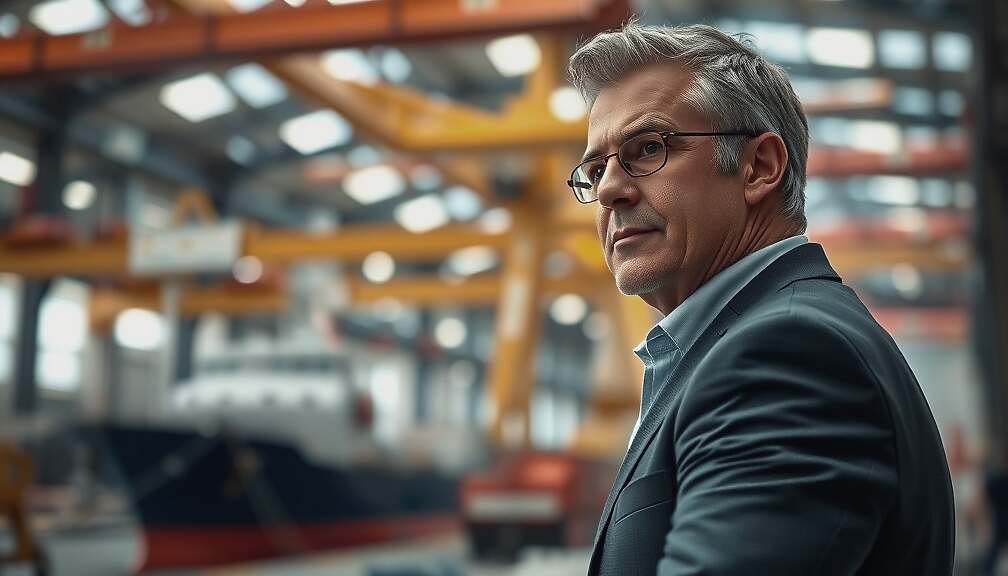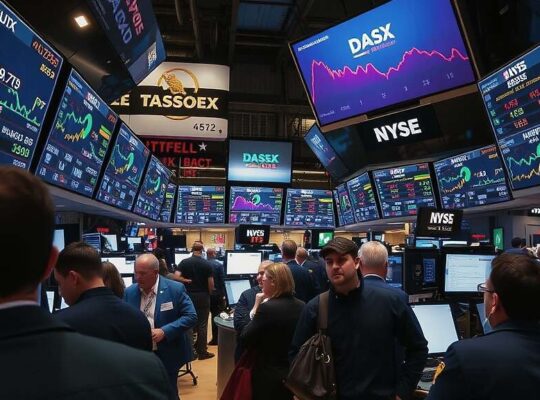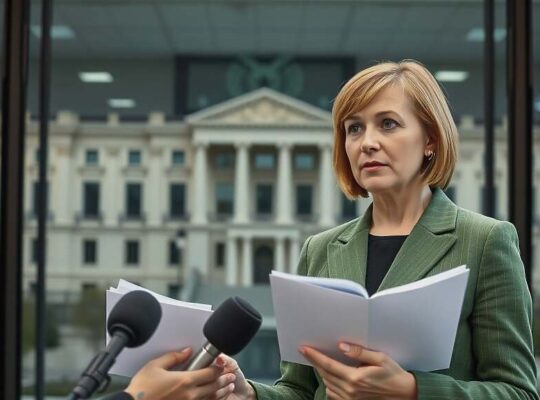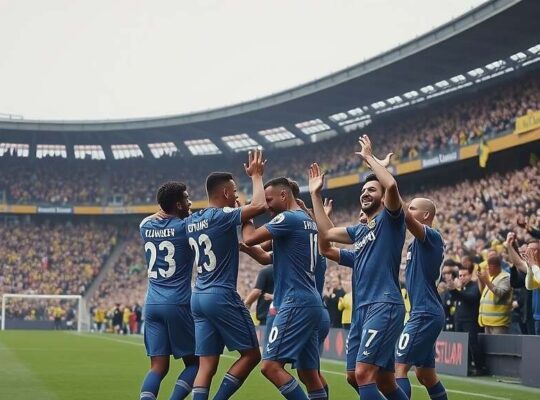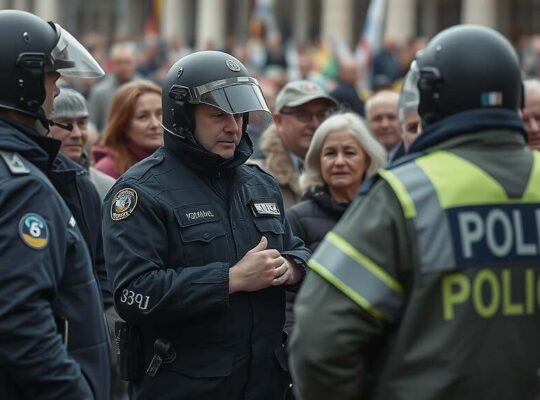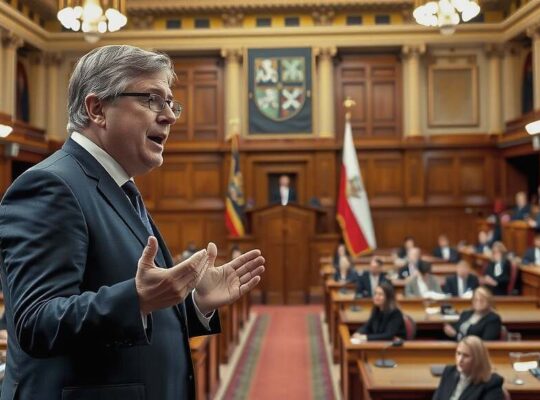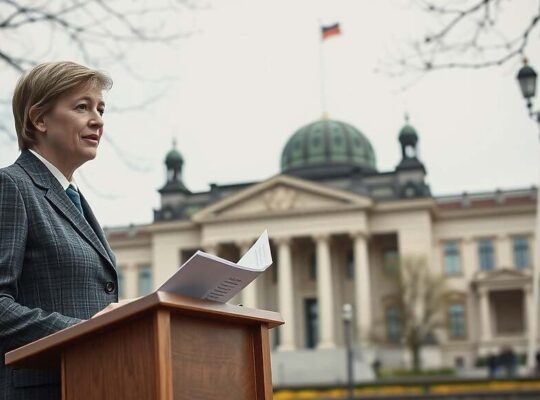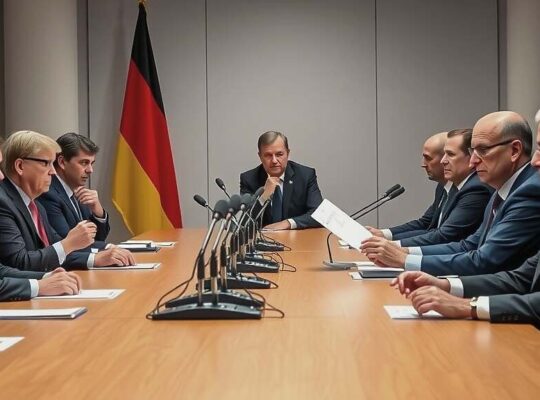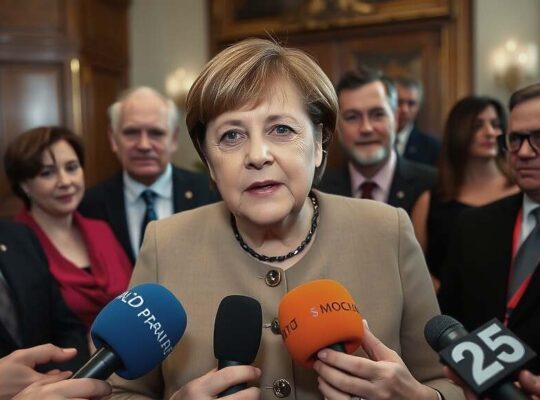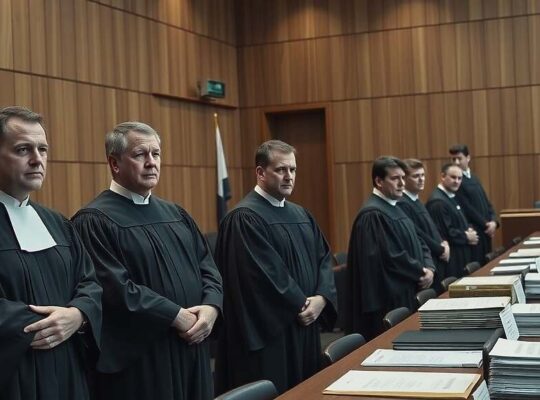Thyssenkrupp’s CEO, Miguel López, has indicated an openness to potential state participation in its planned public listing of the marine systems division, TKMS. In an interview, López stated he wouldn’t rule out government involvement in the future, though it’s not currently planned. He affirmed Thyssenkrupp AG intends to maintain a long-term majority ownership of the new entity.
López acknowledged an improvement in economic sentiment following the formation of the current German government, although he cautioned that this hasn’t yet translated into concrete economic gains. He described a continuing period of weakness across various industrial sectors, but anticipates significant positive effects from the country’s infrastructure investment fund beginning in 2026. Coupled with increased demand for defense technologies, he predicts a boost to economic growth in 2027 and 2028.
However, López also issued a stark warning regarding the long-term viability of German industry, centering on energy costs. He argued that for German manufacturers to remain competitive, electricity prices must significantly decrease, ideally to three cents per kilowatt-hour. He suggested that companies will be forced to relocate if prices do not fall substantially, noting that current levels are unsustainable for energy-intensive businesses.
López critiqued the direction of Germany’s energy policy, specifically questioning the feasibility of relying heavily on wind and solar power domestically. He stated that only Scandinavia and the Iberian Peninsula are capable of producing competitively priced green energy in Europe and that Germany must prioritize importing such energy to remain competitive.
Regarding international trade, López called for the imposition of import tariffs on steel to protect against unfair competition. He highlighted a shift in production capacity from outside Europe, particularly from Asia and Brazil, towards the European market. He proposed mirroring the steel tariffs implemented by the United States, suggesting that the EU adopt similar measures to level the playing field and create balance.


